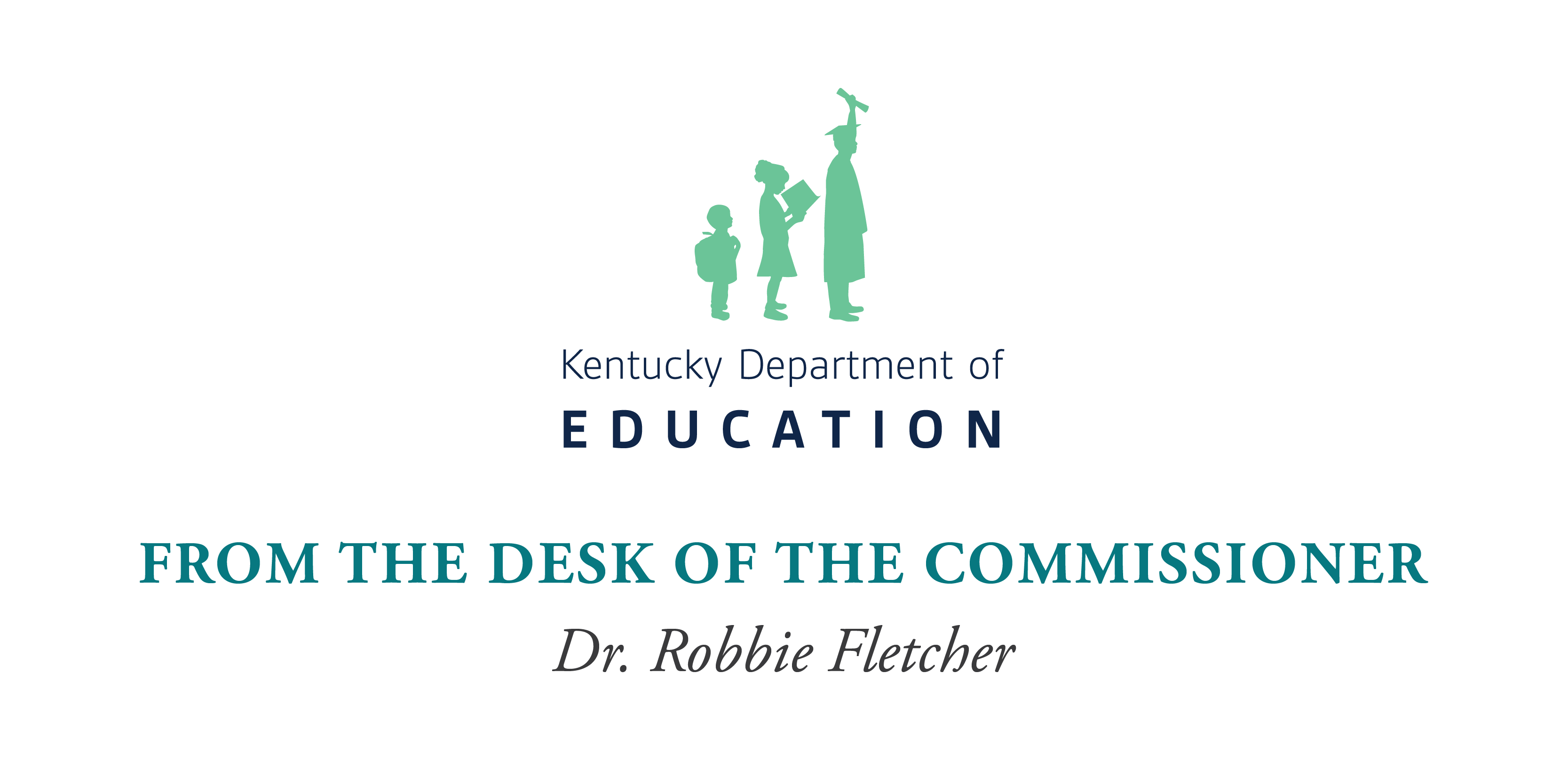
New Kentucky Board of Education members Debra Cook and Samuel Hinkle were sworn in by Judge Phillip Shepherd during the board’s annual retreat in Frankfort.
Photo by Amy Wallot, Aug. 6, 2014
At its annual retreat this week, the Kentucky Board of Education discussed a new approach to assessments meant to more accurately measure students’ higher level skills and drive instructional improvement toward the goal of college/career-readiness for all students.
Former Commissioner Gene Wilhoit, who now leads the National Center for Innovation in Education, facilitated a session on Leadership for Instructional Transformation and told the board the “current system of assessment and accountability is inhibiting us from reaching our goals.” He said there has been a shift in teaching and learning in recent years and we are “beginning to see a system that is very different than the one we inherited, a system aligned with a new vision of learning” that is more personalized, competency-based and with a clear vision of the knowledge, skills and dispositions students must possess.
Wilhoit told the board this requires new types of assessments that are both state-designed and locally-developed, are more open-ended, focused on problem solving, and include authentic performance tasks. He said we must move away from statewide summative assessments as the basis for all decisions.
Associate Commissioner Ken Draut gave an example of an assessment model that is being developed to assess the new Kentucky Core Academic Standards in science. The model includes classroom-embedded assessments as well as multiple through-course assessments that are used to transform instruction and improve student learning but do not count toward state accountability. Accountability would be determined by a two-part end-of-year summative assessment that includes a through-course task similar to what is given throughout the school year and a content-based assessment. The summative assessments would serve to validate the reliability of classroom- and through-course assessments delivered throughout the school year.
“What this does is free us up to focus more on our commitment to education rather than just compliance,” said board member Nawanna Privett. “It moves us away from ‘teaching to the test’,” she said.
Board members expressed an interest in a vision for transforming the current assessment and accountability system from one that drives instruction to a tool that is used to improve instruction.
At the retreat, the board also discussed dual credit/enrollment in Kentucky and the need to develop a statewide solution for consistent, equitable access to dual credit courses whereby a student may receive credit from both the high school and postsecondary institution.
Dr. Jennifer Dounay Zinth from the Education Commission of the States told the board dual credit is typically recognized with improving college completion rates, especially among minority and low-income students.
However, Associate Commissioner Dale Winkler said that while dual credit is growing in most states, it has seen a decline in Kentucky in recent years.
Zinth presented 13 model state-level policy components gathered from other states that increase student access and success in dual credit programs.
A statewide task force will begin meeting next month with the goal of issuing a list of recommendations in November so that more students may experience rigorous programs of study that lead to college/career-readiness and persistence to postsecondary degree programs.
At the start of the board retreat, Franklin Circuit Court Chief Judge Phillip Shepherd delivered the oath of office for two new board members, Debra L. Cook of Corbin and Samuel D. Hinkle of Shelbyville.
Debra Cook is a retired educator and represents members at large. She replaces Brigitte Ramsey, who resigned to take a position with the Prichard Committee. Cook will serve for the remainder of the unexpired term ending April 14, 2016.
Samuel Hinkle is an attorney with Stoll Keenon Ogden PLLC and represents the 6th Supreme Court District. He replaces Judy Gibbons, who did not seek reappointment. Hinkle’s term expires April 14, 2018.
The Kentucky Board of Education approved a list of future meeting dates but took no further action during its retreat.




Leave A Comment